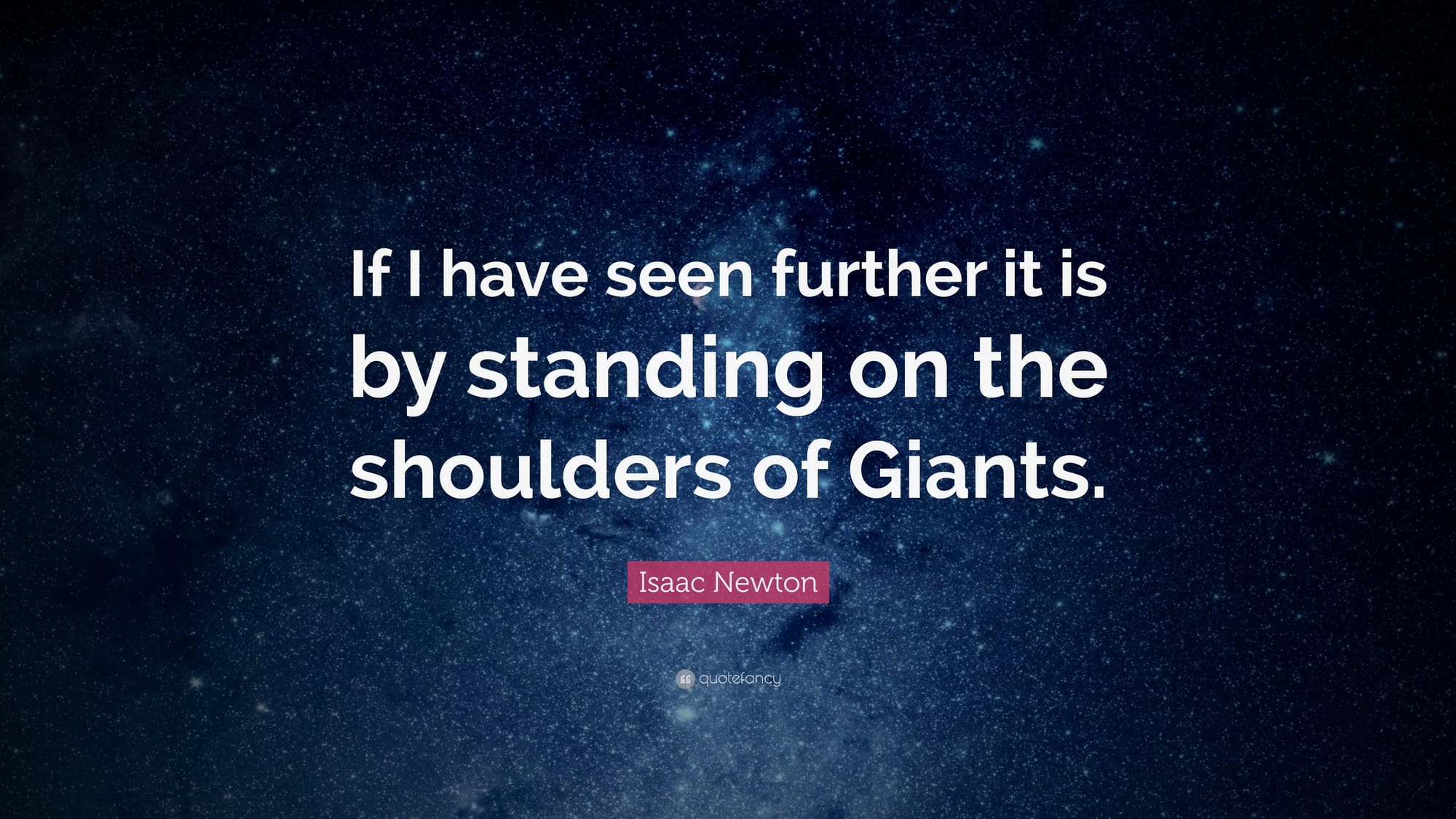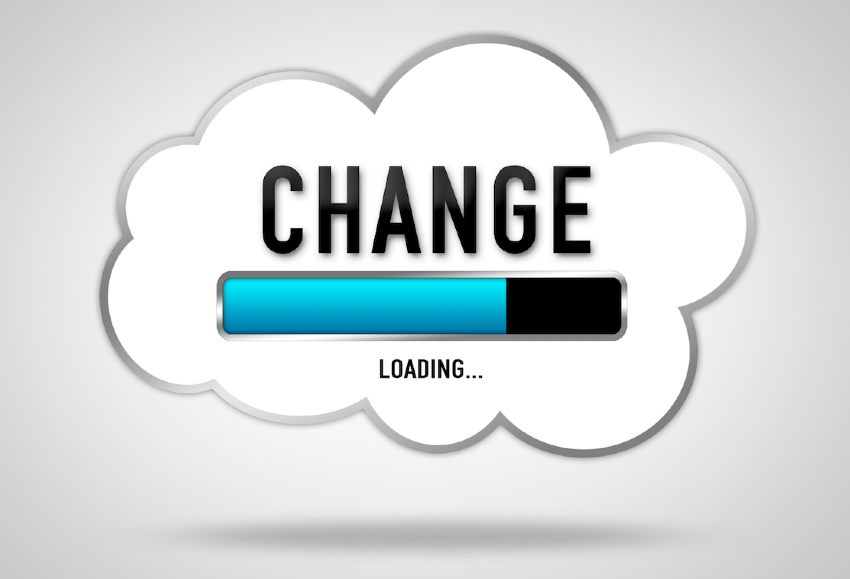"Sharing is Caring?" The Space, Science, and Privatization Dilemma
A grounded guide to navigating misinformation in science—offering trusted resources, ethical practices, and real steps for protecting knowledge and progress.

The rapid transformation of our information landscape has complicated the sciences. From collaboration to professional advancement or growing public apathy, the suspension of several NASA science committees, freezing of federal research grants, defunded climate research, cuts to institutions, and dismantling of various public oversight mechanisms are proving dangerous. Vital for “doing science,” these things are necessary for accessing far-flung networks, scaling projects, or ensuring accountability, transparency and scientific integrity.
Fund misappropriation and cuts, poor communication, information subterfuge, and isolated decision-making come with serious, negative impact. Consider the Challenger and Columbia disasters, failed satellite missions, a Boeing Starlink debacle, debris-heavy Starship explosions, and all other roadblocks that slow efforts to safeguard astronaut health and performance, whether they’re bound for orbit, the moon or to establish the first Mars colonies. The consequences aren’t confined to one country or region, as seen with the Indian Space Research Organization’s recent satellite deployment failure, China’s stalled methane-fueled rocket launch, or European Space Agency’s Vega-C VV22 payload loss.
When STEM inquiries become insular, setbacks are costly and longer to overcome.
Space for Sale! Privatizing Science = Silencing the Majority
Adding to the existing, troubling tension of commercial space operations is the clash between rapid, capital-driven, disposable mindsets and the slower, longer-term actions required to do truly meaningful work. The sensationalized stories about U.S. -based startups chasing asteroid mining or planning lunar quarries that are fuelled by visions of boundless profit and off-world adventure.
What these narratives often ignore are the critical issues of access, governance, sustainability and ethics. In today’s digital era, we readily embrace simplistic, spectacular content that distorts reality in favour of wishful thinking and spectacle over substance.
There’s so much ‘pop' and armchair scientists/thinkers out there the responsibility of cutting through the noise is yours.
Yes, commercial ventures and billionaires have helped turn “that’s impossible” into “we’ll see it in our lifetimes.” But they’ve also opened a black hole of questions around ownership, access, policy, and socioeconomic responsibility. Satellites now clutter low Earth orbit, the International Space Station will be decommissioned in 2030, and a humanoid robot may head for Mars before the decade ends. These ambitions come at an extraordinary cost—demanding forward-thinking and, for any real success, flexible and responsible solutions.
Yet slow, foundational work is often neglected in favour of quick wins, short-term gains, and an “out of sight, out of mind” mentality. Once a stage for collective endeavour, space is rapidly becoming a battleground for resource extraction, militarization, and growing disparities driven by privatization and economic exclusion.
As long as private actors dictate the trajectory of space exploration—or sever its ties to research and development on Earth—collective efforts and ethical accountability will be sidelined next to centralized oversight. Thought leaders like those at the Union of Concerned Scientists are working to challenge this dynamic by pressing both private citizens and public officials to anchor progress to benchmarks that are just, transparent, corrective and grounded in collective insight.
Actionable Steps For a Collaborative Space-Science Future
The story of humanity is one of hardship, loss, perseverance, curiosity and exploration. For eons, we’ve looked to the stars for knowledge and meaning—not profit or dominion. As Carl Sagan once said, “The cosmos is within us. We are made of star-stuff. We are a way for the universe to know itself.”

Translating that truth into action means shifting how we think, speak, and behave—especially when it comes to scientific pursuits that impact everyone, whether they take place on Earth…or in space.
1. Start with thoughts and actions
Begin integrating science information and advocacy into your daily life, especially your online existence. The small steps create a foundation for building larger efforts at home, with family and friends, and in your (real + virtual) communities.
Fact-check before sharing anything! The days of believing an article in the morning paper or a socials post outright are gone. It’s up to you to educate yourself and communicate responsibly–use online resources to verify claims and cross-check information in more than one place.
- General, news/media, and cross-over: Snopes, FactCheck.org, PolitiFact, Media Bias/Fact Check, AP Fact Check, Reuters.
- Science focused information and peer-reviewed research: Union of Concerned Scientists, RetractionWatch, SciCheck, PubMed, WHO.
- To verify images and sources: TinEye.
Follow credible science communicators. There are many trust-worthy scientists and researchers who strive to do great science and advance science communications and policy in ethical and transparent ways. Check out these experts and contact us to share recommendations for the extended database we’re putting together!
Action Aurora Approved Science Communicators
Support open science and digital media initiatives
Advocate for open-access research. Support organizations that promote transparency in science.
- Public Library of Science (PLOS) – Advocates for open-access research.
- Center for Open Science (COS) – Increases transparency in scientific research.
- Open Science Framework (OSF) – A free tool for open-access research collaboration.
Donate, subscribe to, or volunteer for media and digital literacy groups. There are many organizations around the world working to combat misinformation and improve media and digital literacy amongst adults and kids.
Make informed consumer choices
Research the companies you buy from, engage with or work for. Support businesses that prioritize transparency and align with sustainability goals. In the United States, the website and app Goods Unite US is one place to start for voting with your dollar by seeing if your favorite companies fund initiatives you support ... or don't.
Learn about watchdog organizations or think tanks. Groups like the Union of Concerned Scientists, Center for Science in the Public Interest, the Intercept, Public Citizen, and Global Witness strive to hold corporations and government lobbyists accountable in various ways.

2. Take local and national action
After incorporating some advocacy into your personal life, grow your impact by engaging with people in your community and at regional (state) and federal levels.
Demand focused funding and education for the sciences
Contact your representatives. Call your U.S. state senator frequently and repeat the same message: "I’m calling to ask you to support increased funding for the National Institutes of Health (NIH) and the National Science Foundation (NSF) in the upcoming budget. Scientific research is critical for our health, economy, and future."
Do the same for local city council members by phone or at public town halls: "I’m calling to ask you to support increased funding for our public libraries. They are essential for education, literacy, and community resources."
- Use tools like 5calls: Quickly contact representatives with pre-written scripts to advocate for science funding.
- Sign petitions: Advocate for increased funding for climate science, biomedical research, and other critical fields.
Support or join science education and critical thinking platforms
- American Association for the Advancement of Science (AAAS) – Promote science in public policy ($99/year membership).
- The Skeptics Society – Teaches critical thinking skills.
Donate or volunteer
- Science Friday Initiative – Creates engaging science education content.
- American Library Association – Supports public libraries and literacy.
3. Advocate for transparent, global collaboration
Expand your impact by supporting initiatives that promote broad, multilateral cooperation and equitable access to science.
Support global science initiatives
- Advocate for ethical space policies: Support The Planetary Society, which pushes for international cooperation in space exploration.
- Bring science to underserved regions: Donate to or volunteer with Scientists Without Borders, which works to make science accessible globally.
Promote transparency and accountability in the private sector
- Demand corporate transparency: Use your voice as a consumer to push private space, technology, and science companies to align their goals with human progress and sustainability.
- Engage with watchdog groups: Continue supporting organizations like the Union of Concerned Scientists to hold corporations accountable.

4. Scale change
Once you’ve taken smaller actions to build momentum, focus on systemic changes that can have a lasting local and global impact.
Amplify YOUR voice
- Organize community events: Host discussions or workshops on science literacy, open science, and critical thinking.
- Collaborate with like-minded advocates: Join or form local chapters of science advocacy groups to amplify your efforts.
Advocate for policy change
- Push for international agreements: Support policies that promote global collaboration in science and space exploration.
- Promote equitable access: Advocate for initiatives that ensure underserved communities have access to scientific resources and education.
5. Reflect and iterate
- Track your impact. Keep a journal or log of the actions you’ve taken and their outcomes.
- Share your journey. It’s easy to feel alone but is important to know that you are not. Connect with others. Inspire them by sharing your experiences on social media or within your community.
- Adapt and grow. Continuously look for new ways to advocate for science, transparency, and global progress.
We live in a unique moment in history—one where most of us have one foot in the virtual world and the other in the physical. No wonder there’s so much cognitive dissonance. Staying afloat in an ocean of data to preserve our autonomy and agency can feel overwhelming, anxiety-inducing, and even paralyzing.
And yet, extraordinary things are possible when people come together, whether it’s to advance quantum field theory, reshape our understanding of human behaviour, or support state-of-the-art materials engineering that lead to a next generation, orbiting off-planet research station (still one of humanity’s greatest achievements). When scientists can leverage pre-pandemic, preparedness efforts to develop a safe and effective vaccine in just 11 months it's a remarkable testament to the power of collaborative science.
We reach new heights and chart novel paths when we look out for one another.
* Disclaimer: The views and opinions expressed here are solely those of the authors and do not reflect the official policies, positions, or endorsements of any affiliated institutions or organizations.
